$471.9 Mn
Market Size
5.2%
CAGR
$640.9 Mn
Forecast

*Note: Name, Email and Phone Number are mandatory.

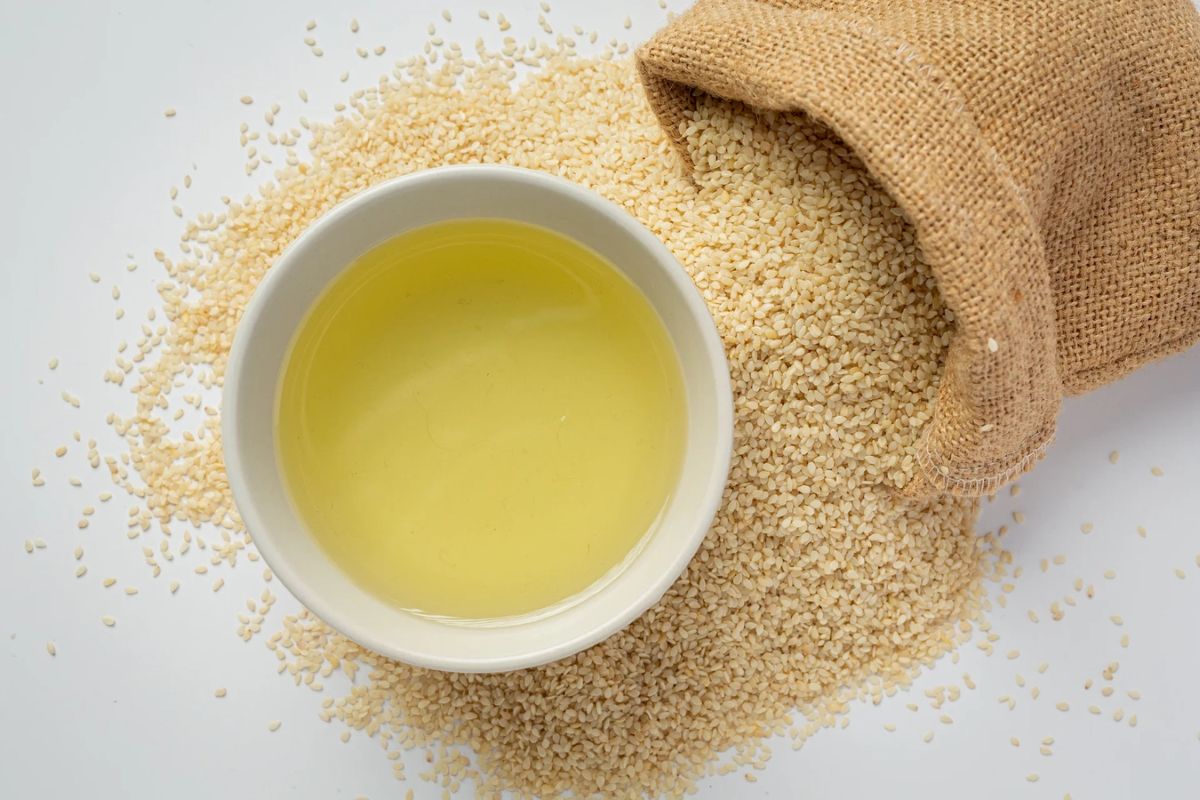
Sesame, a versatile oilseed crop, has significant investment potential across Africa. Known for its nutritional value and various industrial applications, sesame offers sustainable and profitable investment avenues for entrepreneurs and businesses looking to expand their agriculture portfolio in Africa.
Sesame, a versatile oilseed crop, has significant investment potential across Africa. Known for its nutritional value and various industrial applications, sesame offers sustainable and profitable investment avenues for entrepreneurs and businesses looking to expand their agriculture portfolio in Africa.
$471.9 Mn
Market Size
5.2%
CAGR
$640.9 Mn
Forecast
$425 Mn
annual exports
3.77 Mn MT
annual production value
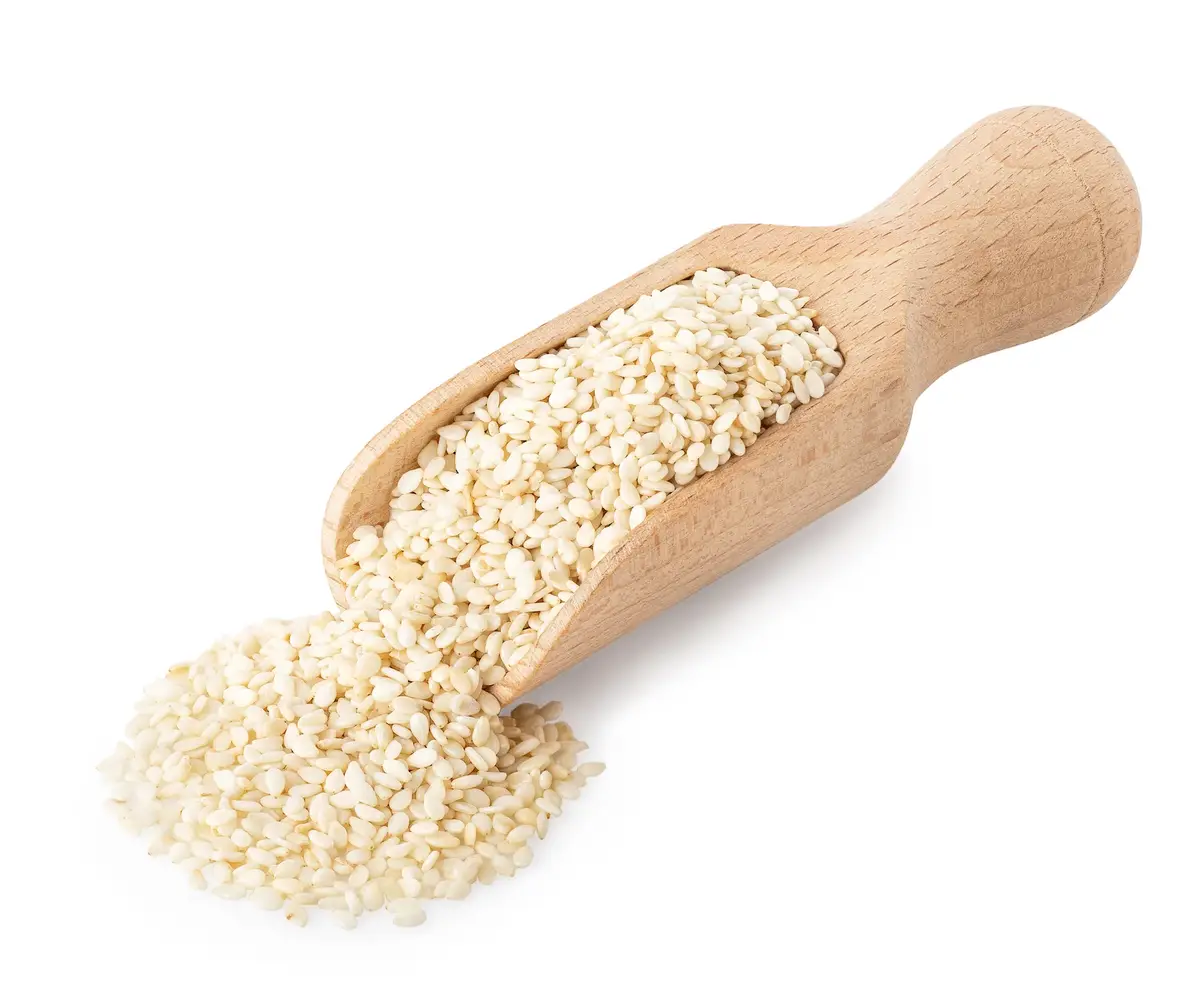


Industrial Platform Remo Free Zone (IPRFZ) is a Public-Private Partnership of ARISE IIP and the Ogun State Government in Nigeria. Focus is on maximizing the local resource production, efficiency & cost.


La Zone Industrielle de Sarh (ZISARH), is a Public Private Partnership (PPP) between ARISE IIP, Chad, and the Republic of Chad, spread over 485 ha. The objective of setting up ZISARH is to promote the growth of the country's industrial and agriculture sectors.













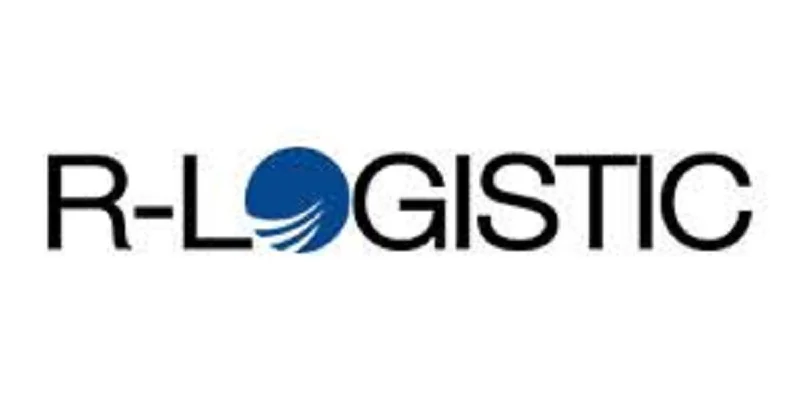





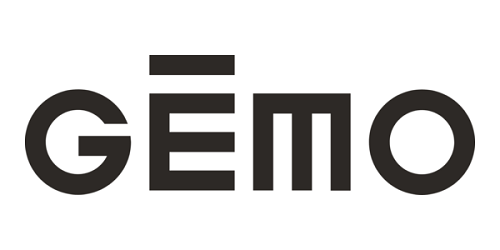










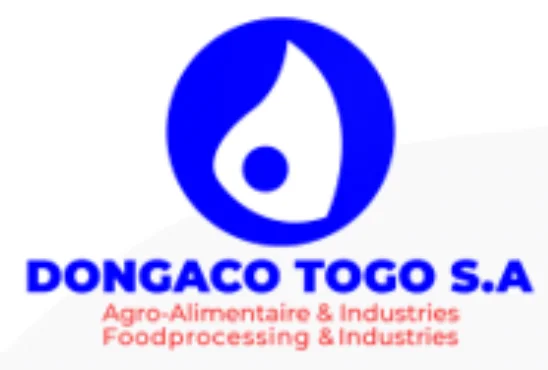
























Which countries in Africa are the largest producers of sesame?
Sudan, Ethiopia, and Nigeria are among the largest producers of sesame in Africa.
What are the key factors to look for when choosing a sesame investment?
Consider looking into the soil quality, water availability, market demand, climatic conditions, and local infrastructure of the region before investing in sesame.
What are the key drivers of demand for sesame?
Use of sesame in culinary dishes, health benefits, and applications in oil production and snacks are some of the key drivers of demand.
What are the growth opportunities in the sesame market?
Growth opportunities include expanding into new markets, increasing production efficiency, developing value-added products, and tapping into organic and specialty markets.
What are the current trends in sesame cultivation and production in Africa?
The adoption of improved seed varieties, sustainable farming practices, and increased focus on export markets are some of the current trends in sesame cultivation and production in Africa.
What market segments come under the sesame business?
Market segments such as raw sesame seeds, sesame oil, sesame paste (tahini), and sesame-based snacks and ingredients come under the sesame business.
Which sesame business segment is best for investment?
Investing in sesame oil and value-added products like tahini often offers higher profit margins and growth potential.
Why invest in the sesame business in Africa?
Investing in sesame in Africa offers many high-return opportunities due to the increasing production potential and surging global demand, accompanied with favorable growing conditions.
Which country is best for sesame seeds?
Ethiopia is considered one of the best countries for high-quality sesame seeds, known for its distinctive flavor and texture.
What country eats the most sesame?
The countries with the highest consumption of sesame seeds are Tanzania (21% of global consumption based on tonnes), China (19%), and Sudan (9%). Other significant consumers include Myanmar, India, Ethiopia, and Nigeria, each accounting for 6%. Together, these countries make up nearly 74% of global sesame seed consumption. Japan is also one of the highest consumers of sesame seeds per capita, utilizing them extensively in its cuisine.
Compare
Dear investor, please compare similar category items- either Locations or Opportunities.
*Already subscribed.
*Enter your name/email.

Sign up for exclusive investment alerts.
Already subscribed? Skip
Thank You For Subscribing to
Africa For Investors.

You will be redirected to AFI’s Linkedin Profile in 10 seconds.
Stay On AFI Website